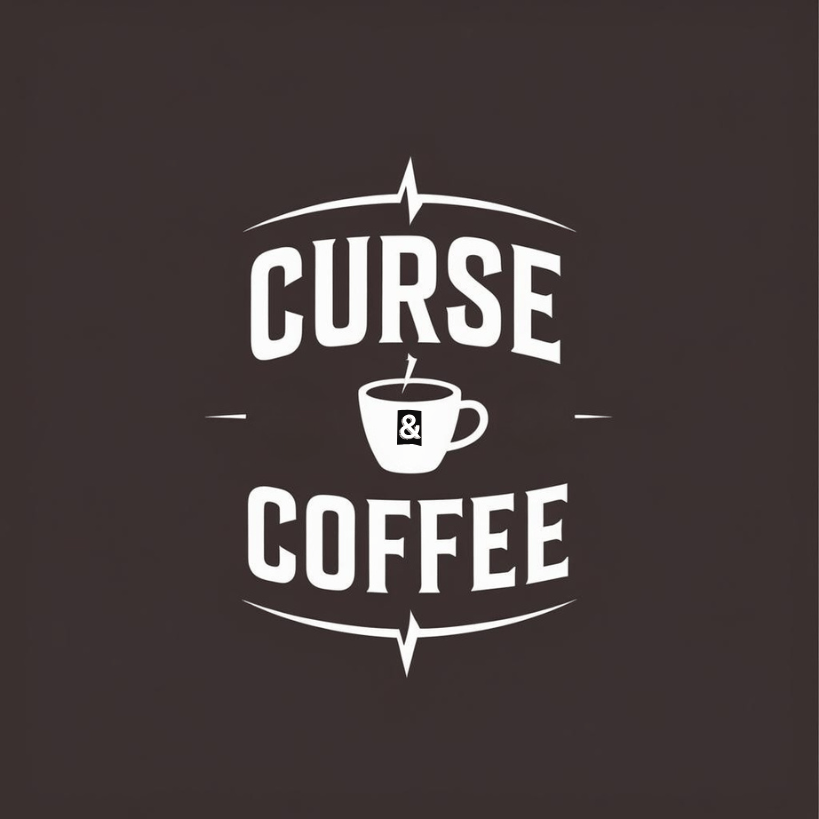Ola!
Curse and Coffee friends,
Today, we explore how fast food is now a luxury.
Hit reply and let us know what you think (we read all of your kind words).
Coffee at the ready…
The Big Sip

Image: McDonalds
The take: Fast food priced out the people it was invented to feed.
What happened: Bank of America data released on November 13 showed that lower-income fast-food traffic had fallen by nearly double digits for two years. Wages grew just 1% against 3% inflation. The math stopped working.
Why it matters: McDonald's Q3 report confirms that the bottom tier can't afford the value menu. So chains pivoted: forget the broke customers, chase margin from wealthier ones instead. The business model just changed. Poor people are now bad for fast food profits.
What to watch: December CPI food-away-from-home data and Q4 restaurant earnings calls for signs the pullback spreads to middle-income consumers. If McDonald's is too expensive for people making $30,000, wait until people making $60,000 start doing the math.
The “value meal” is now an ironic term.
Sponsor Break
Before we slurp into today’s brew…
Here are some wordies from today’s sponsor.
Crash Expert: “This Looks Like 1929” → 70,000 Hedging Here
Mark Spitznagel, who made $1B in a single day during the 2015 flash crash, warns markets are mimicking 1929. Yeah, just another oracle spouting gloom and doom, right?
Vanguard and Goldman Sachs forecast just 5% and 3% annual S&P returns respectively for the next decade (2024-2034).
Bonds? Not much better.
Enough warning signals—what’s something investors can actually do to diversify this week?
Almost no one knows this, but postwar and contemporary art appreciated 11.2% annually with near-zero correlation to equities from 1995–2024, according to Masterworks Data.
And sure… billionaires like Bezos and Gates can make headlines at auction, but what about the rest of us?
Masterworks makes it possible to invest in legendary artworks by Banksy, Basquiat, Picasso, and more – without spending millions.
23 exits. Net annualized returns like 17.6%, 17.8%, and 21.5%. $1.2 billion invested.
Shares in new offerings can sell quickly but…
*Past performance is not indicative of future returns. Important Reg A disclosures: masterworks.com/cd.
Here’s Your Brew

The arithmetic is brutal: wages rise by 1%, prices increase by 3%, and purchasing power declines by 2% every year.
Do that for 24 months, and suddenly the Dollar Menu costs actual dollars you don't have.
Within days of Bank of America's report dropping on 13 November, McDonald's Q3 earnings confirmed it.
Lower-income QSR (Quick Service Restaurant, industry jargon for fast food) traffic collapsed by double digits, while higher-income traffic grew by the same margin.
Broke people are doing broke math. Rent, childcare, and gas costs remain high. The Big Mac became an occasion, not a Tuesday lunch.
Ronald McDonald spent 70 years building a brand on feeding the masses cheaply and fast. Inflation priced out the masses entirely.
McDonald's response? Bring back snack wraps and scream "value!" louder, hoping to win back customers who are skipping breakfast because cereal is cheaper.
Wage growth has split so cleanly along income lines that fast food becomes something you save up for.
When the "cheap fast meal" market disappears, the next value menu is your freezer and a prayer.
Two Sides, One Mug

Image: Curse and Coffee
Pro: Quick-service chains could bounce back once inflation cools. They're nimble, they've got scale, and they know how to print money when times are good.
Con: If lower-income households keep getting squeezed, the customer base is permanently shrinking. You can't sell Dollar Menus to people who don't have dollars.
Our read: Fast food chains face erosion or evolution. Erosion's winning. McDonald's bringing back snack wraps isn't a strategy… It's panic.
When your solution to people who are too broke is "yell louder about value," you're not solving anything.
Receipt of the Day
Primary analysis of internal transaction data across tens of millions of accounts showing how necessity spending (housing, groceries, utilities, childcare, transport) now exceeds 95% of income for nearly a quarter of American households, with the entire year-over-year increase concentrated in lower-income cohorts.
Spit Take
“About 24% of U.S. households live paycheck to paycheck” — Bank of America Institute
Your Coffee Break Links (and water cooler chatter)
• McDonald's Q3 Earnings Analysis, Nation's Restaurant News, 5 November 2025 — Why: Shows how QSR chains are pivoting strategy entirely around higher-income consumers, whilst lower-income traffic remains "down across the industry."
• K-Shaped Economy Deepens, NBC News, 13 November 2025 — Why: Bankrate analyst explains why 34% of high earners say wages kept pace with inflation versus just 26% of those under $100K.
• McDonald's Two-Tier Economy Warning, Fox Business, 3 September 2025 — Why: Kempczinski's earlier warning with concrete detail on breakfast-skipping and home-eating behaviours.
Join your team of caffeinated skeptics. ☕
Opinionated world news that respects your time.
One bold take, the best counter, and the receipt(s) that prove it (all in sixish minutes).
Mugshot Poll 📊
What’s the first thing people skip when cash is tight?
You can read Friday’s newsletter on Fed policy here.
For the love of coffee, see you tomorrow!
Enjoy your Monday, keep it caffeinated.
How did we do?
Thanks for reading!
Are you subscribing?
Be sure to get your daily curse and coffee fix by hitting the daily knowledge button below.


